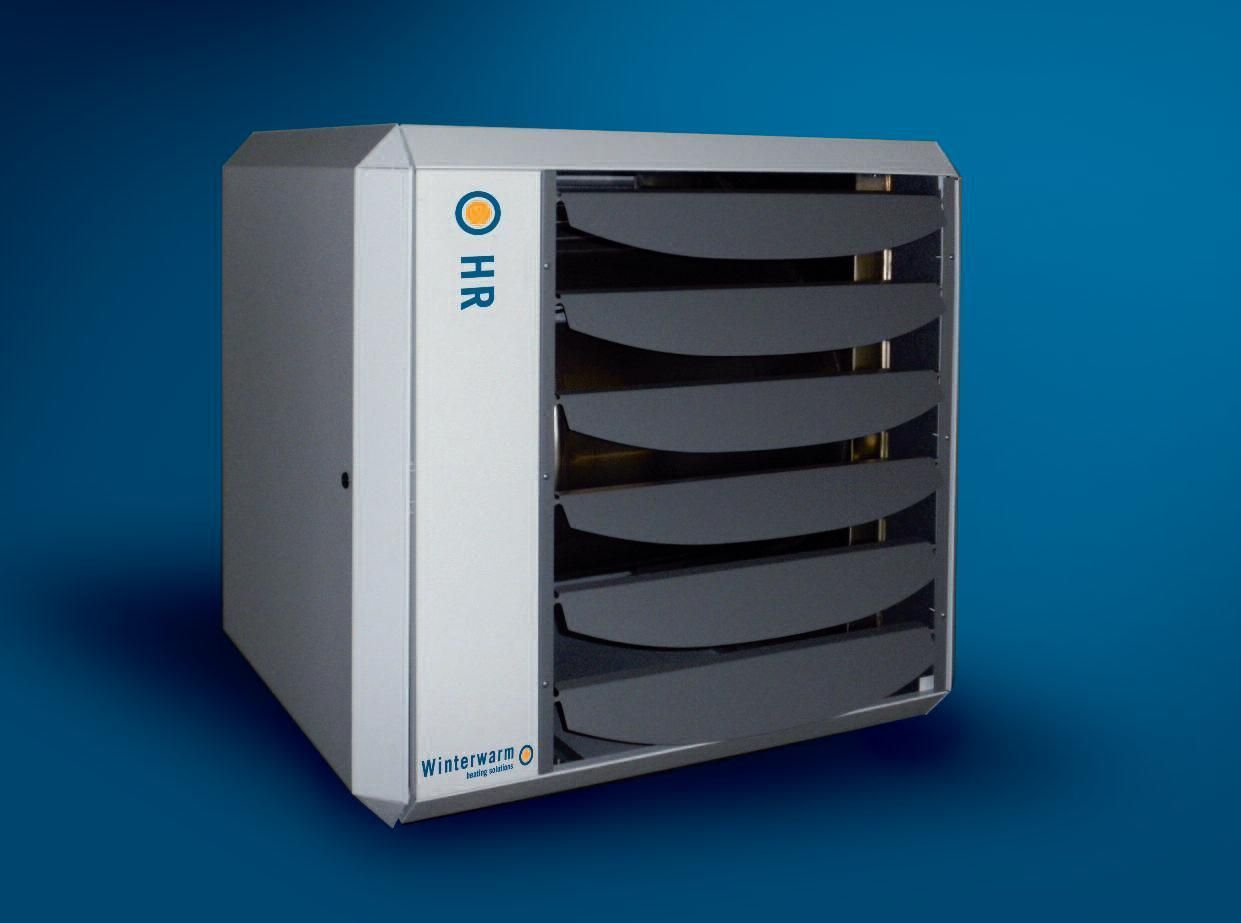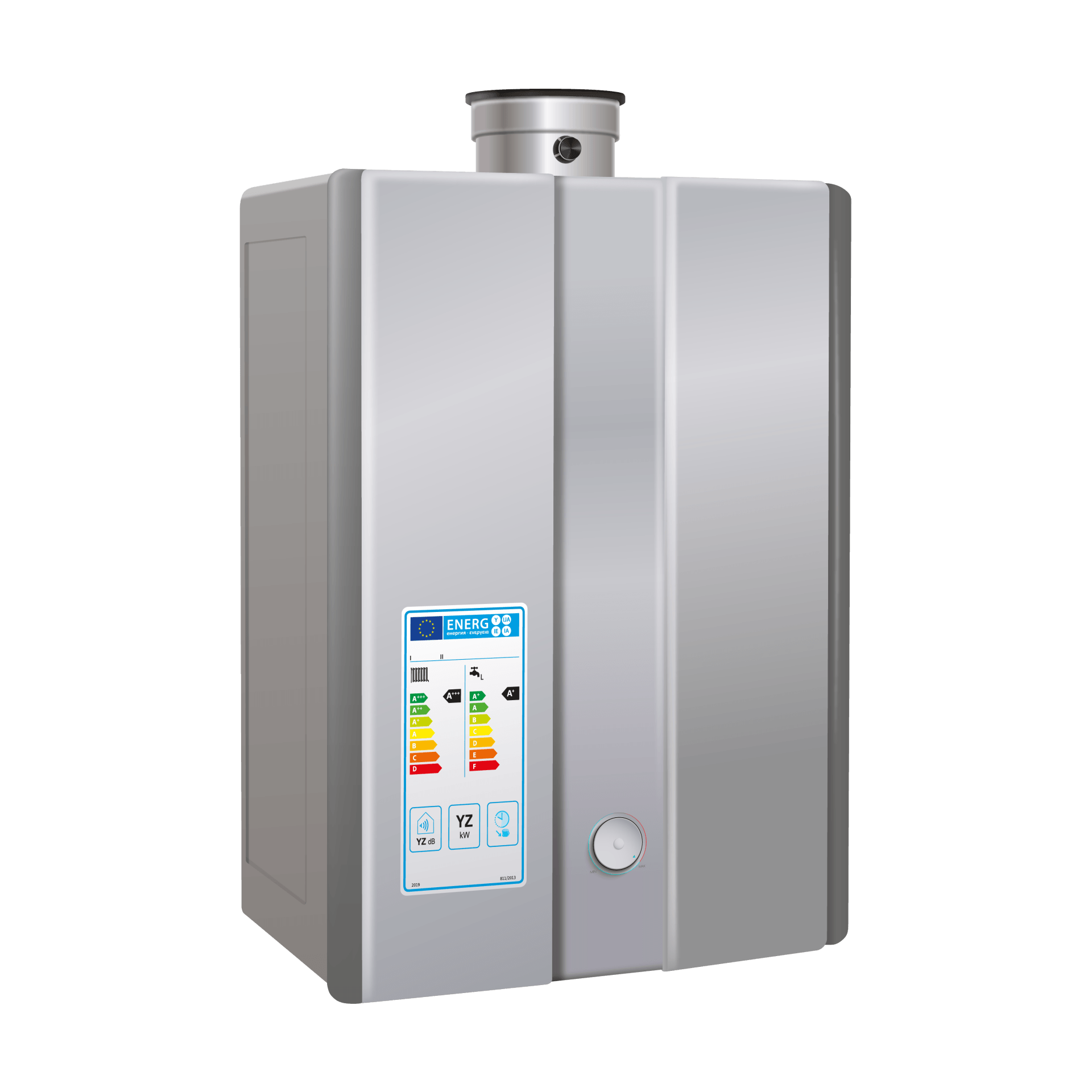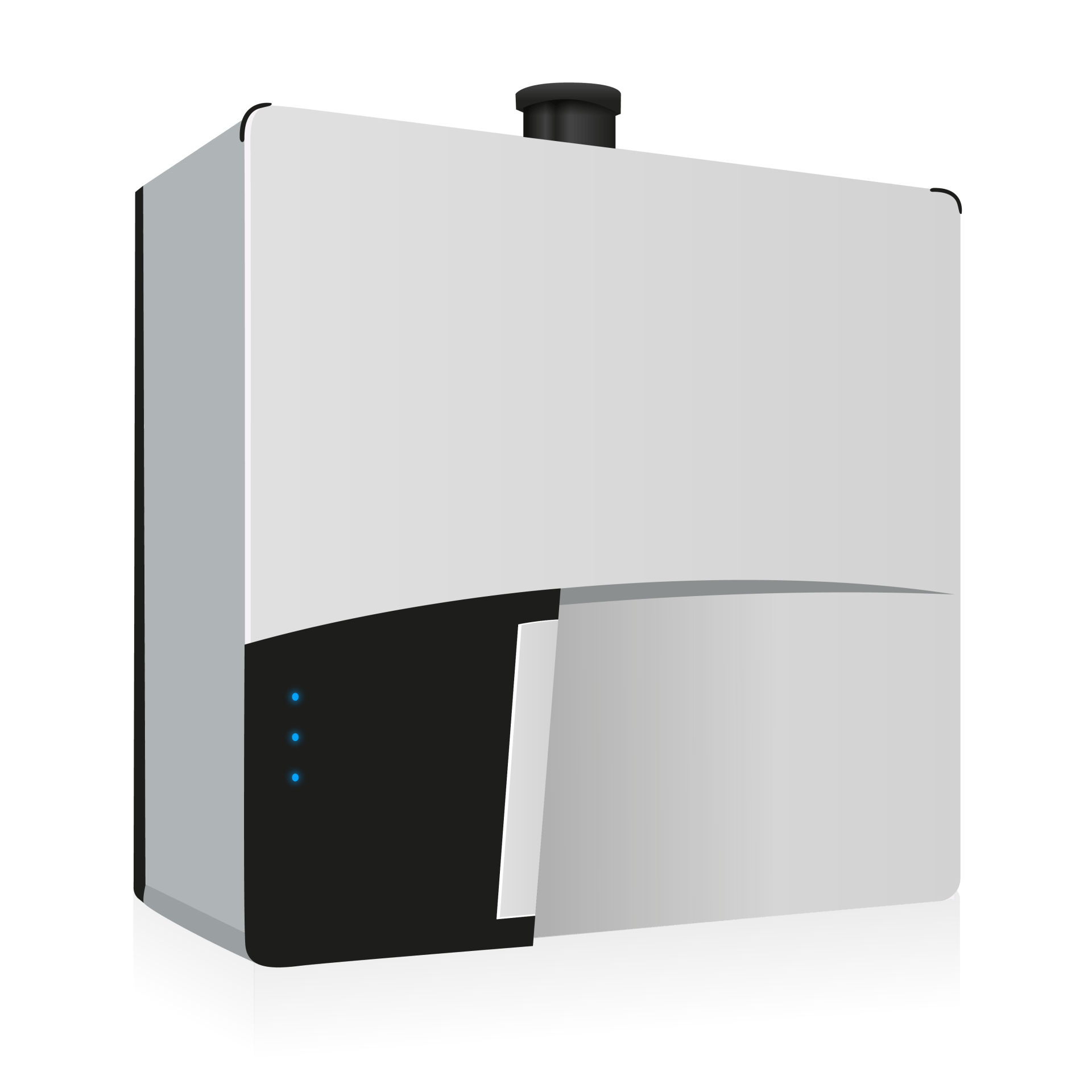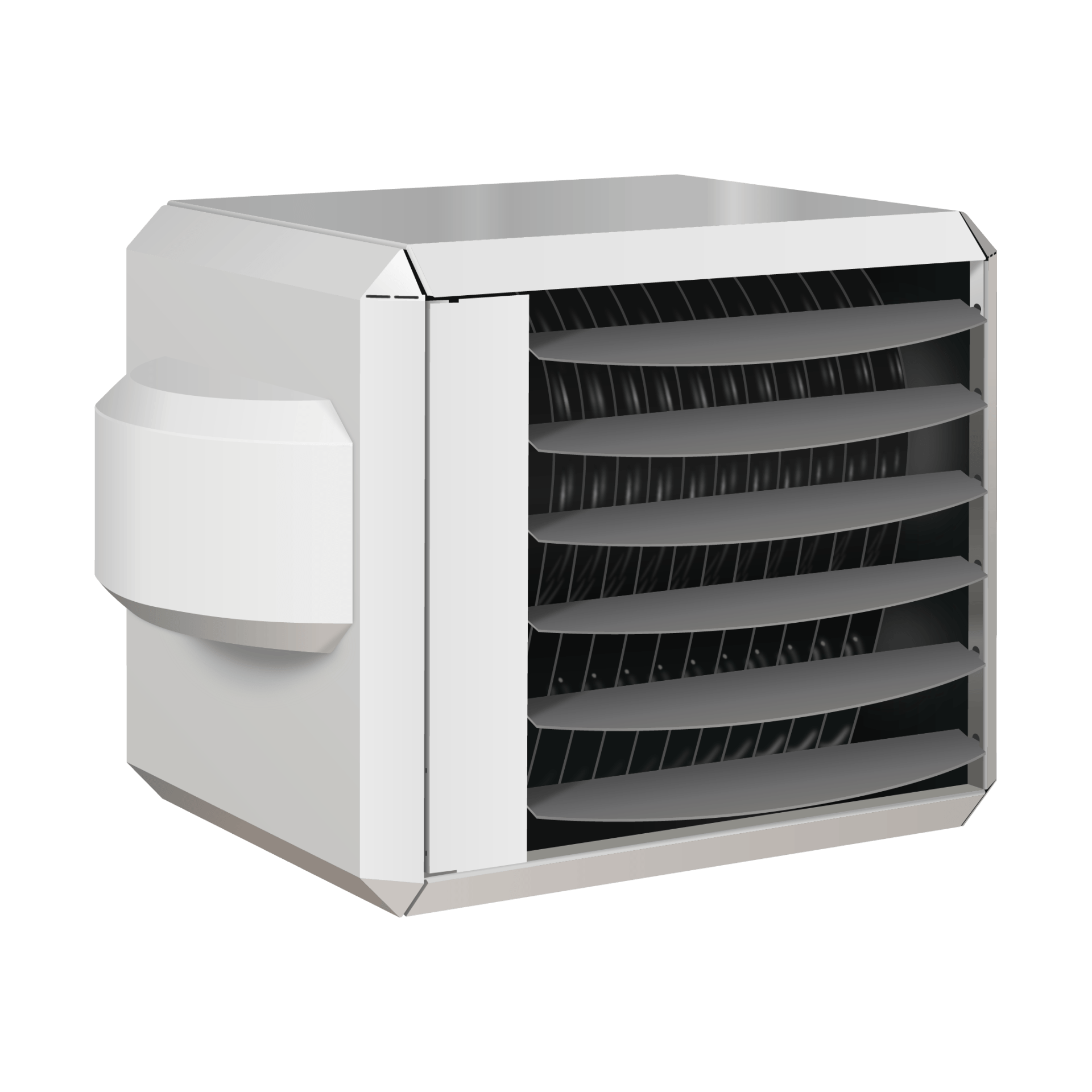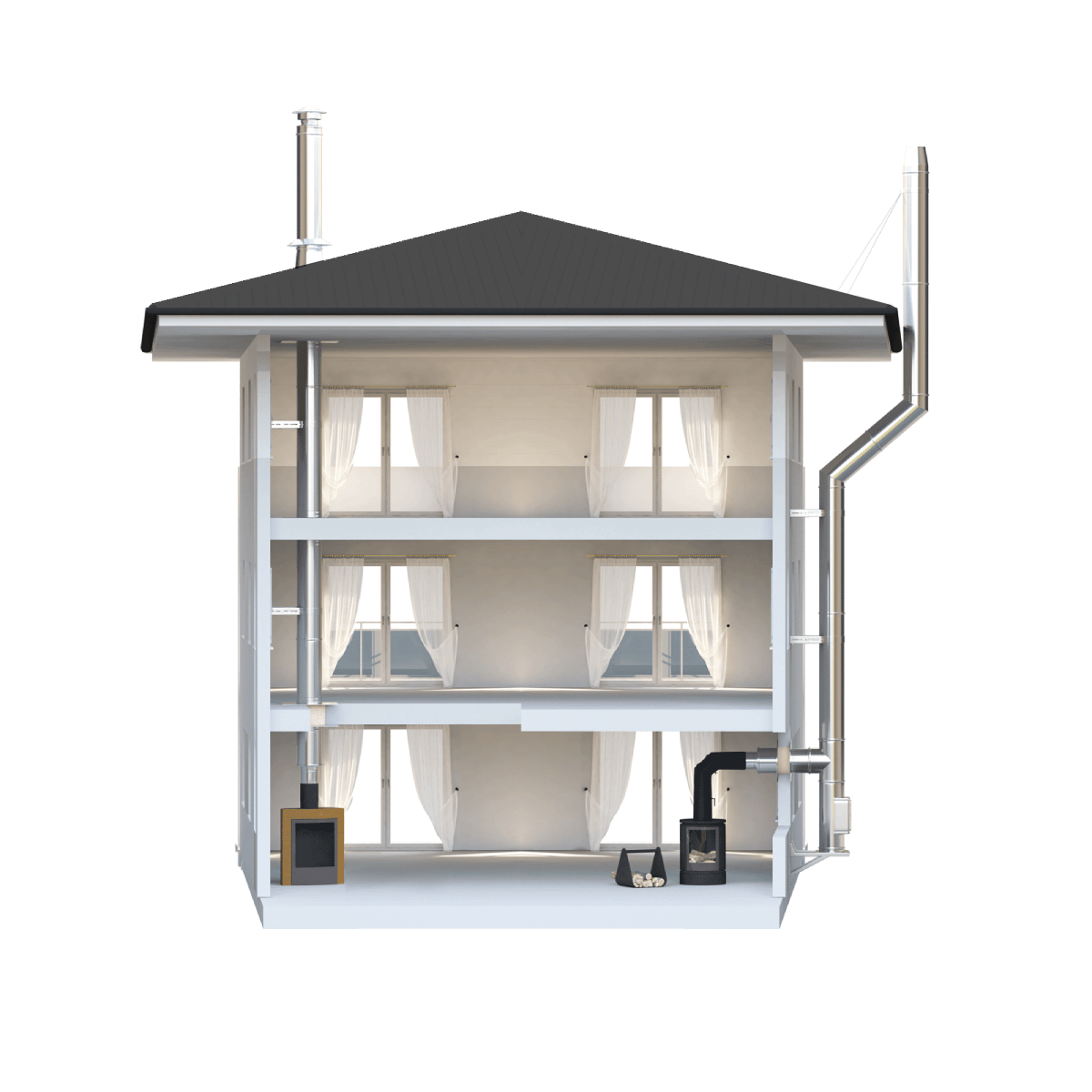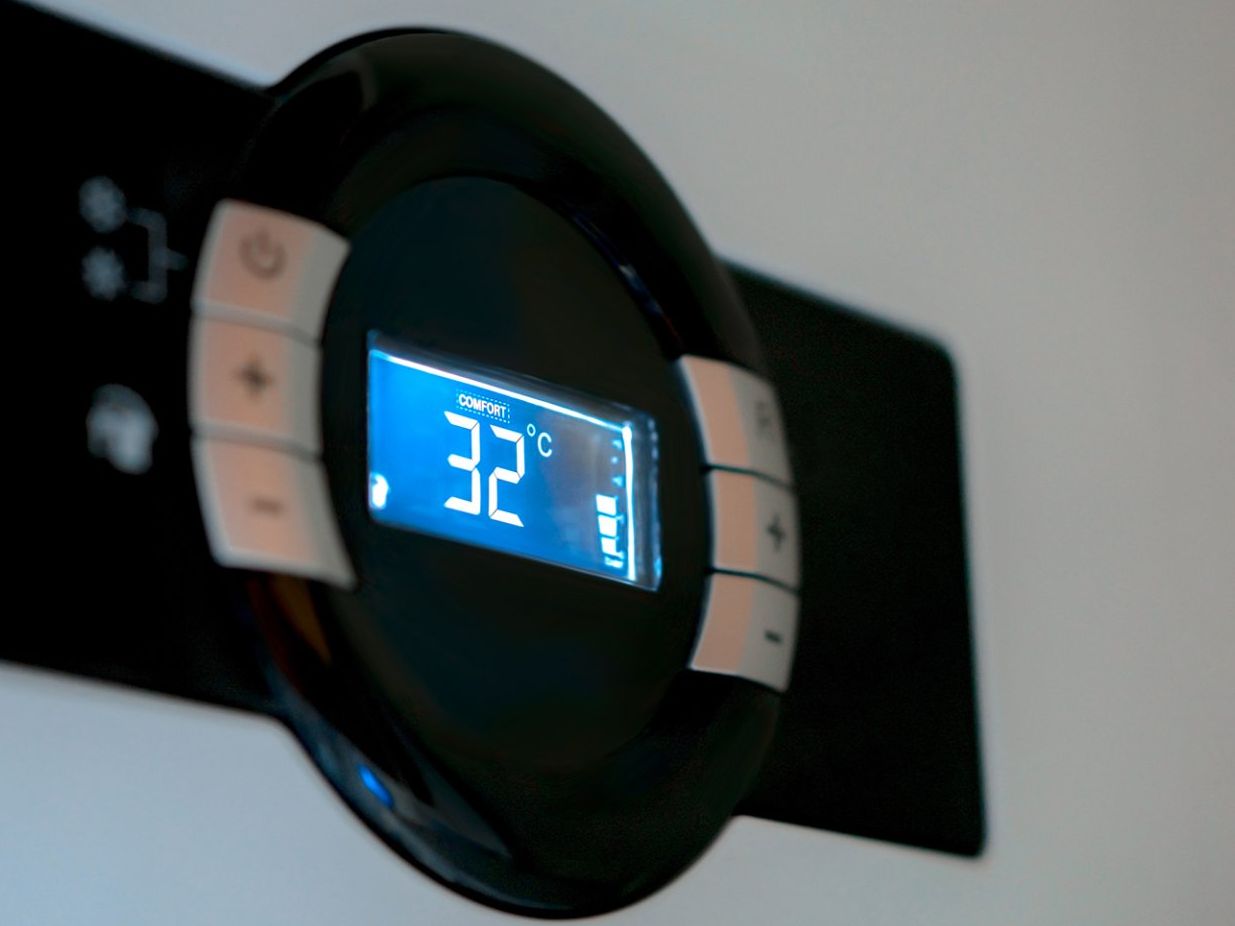Keep Your Caravan Park Guests Warm: Efficient Commercial Water Boilers
As a caravan park owner, you understand the importance of keeping your guests warm and comfortable. But with fluctuating occupancy rates and unpredictable weather, it can be a challenge to maintain a steady supply of hot water.
That's why choosing the right commercial water boiler is crucial.
Rinnai's internal and external condensing gas water heaters offer high flow rates and flexibility, making them an attractive solution for high-traffic caravan parks. But what specific features should you look for in a boiler, and how can you ensure a reliable and efficient heating system that meets the unique demands of your park?
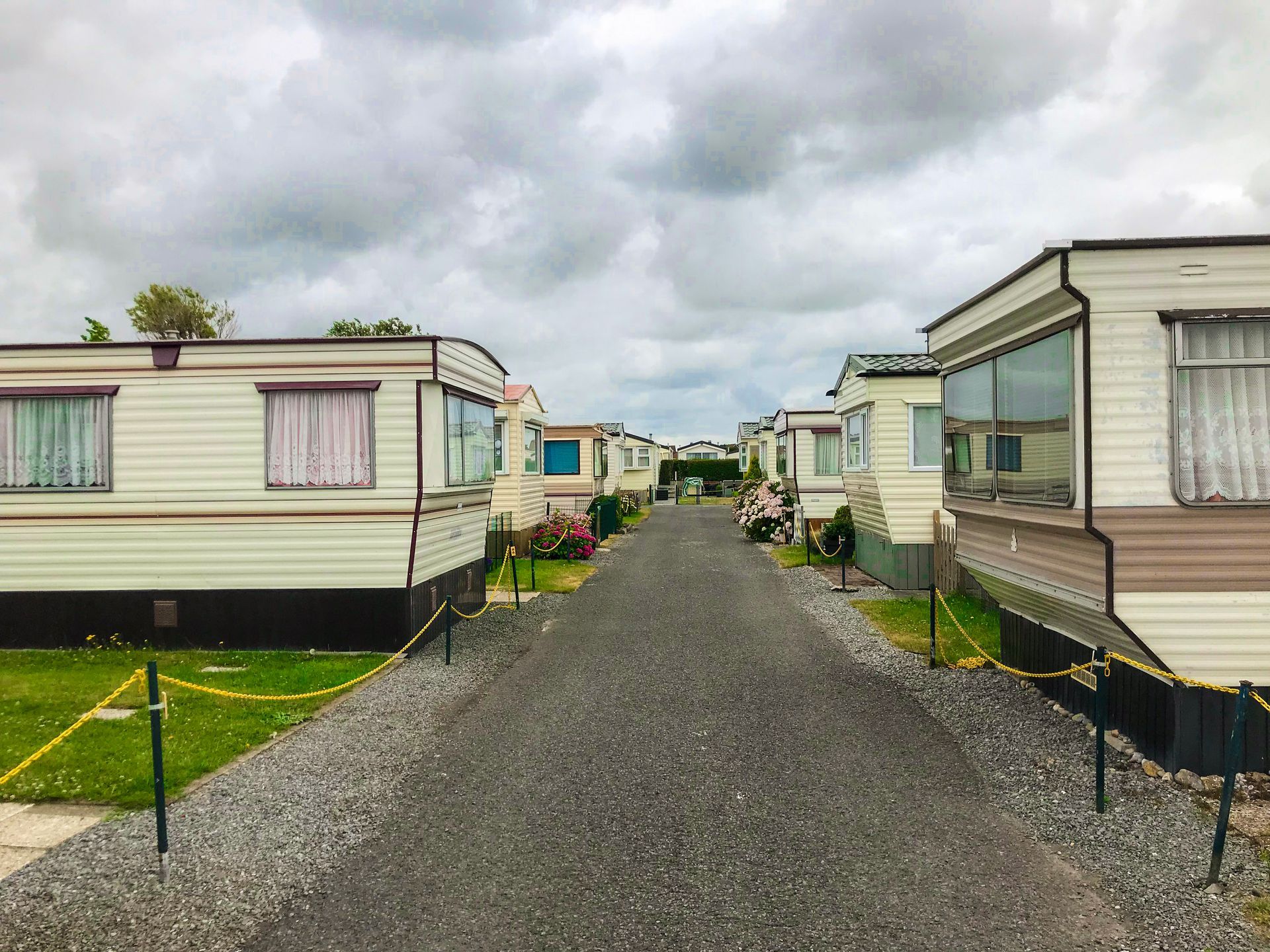
Choosing the Right Water Heater
When selecting a commercial water boiler, consider the type of fuel you want to use, such as LPG boilers or natural gas.
The flow rate is another crucial factor, which is the amount of hot water the boiler can produce per minute.
Additionally, consider the pressure and temperature requirements of your commercial water system.
It's essential to choose a boiler that can meet the demands of your business, whether it's a small café or a large hotel.
By considering these factors, you can ensure that your commercial water boiler provides a steady and efficient supply of hot water, meeting the needs of your customers and employees.
A well-chosen commercial water boiler will help you maintain a comfortable and welcoming environment for everyone.
Internal Condensing Gas Options
When selecting an internal condensing gas water heater, you'll want to consider options like the Rinnai N1300i or N1600i, which offer high flow rates and flexibility with both LPG and natural gas fuel types.
These internal condensing gas water heaters provide an efficient heating system for your caravan park, ensuring your guests stay warm and comfortable.
The Rinnai N1300i internal condensing gas water heater (LPG & Nat Gas) offers a flow rate of 26L/Min, while the Rinnai N1600i internal condensing gas water heater (LPG & Nat Gas) provides a higher flow rate of 35L/Min.
Both options are designed to meet the demands of high-traffic caravan parks, providing a reliable and efficient heating solution.
By choosing an internal condensing gas water heater, you can rest assured that your guests will have access to hot water whenever they need it.
With their high flow rates and flexibility in fuel types, these internal condensing gas water heaters are an excellent choice for caravan parks seeking a reliable and efficient heating system.
External Condensing Gas Solutions
External condensing gas water heaters like the Rinnai N1600E and N1300E offer a reliable and efficient heating solution for caravan parks, providing flexibility with both LPG and natural gas fuel types.
These external units are perfect for caravan parks that require a high volume of hot water, especially during peak seasons.
The Rinnai N1600E external condensing gas water heater can produce an impressive 35L/min of hot water, making it an ideal choice for larger caravan parks.
On the other hand, the Rinnai N1300E external condensing gas water heater offers a slightly lower output of 26L/min, making it suitable for smaller to medium-sized parks.
Both units are combi boilers, meaning they can provide both hot water and space heating, making them a cost-effective solution for caravan parks.
Flue Kit Essentials for Caravans
Installing the right flue kit is crucial to ensure safe and efficient operation of your external condensing gas water heater in a caravan park setting.
You'll need to choose the correct kit that suits your specific installation requirements.
The AWFKM-01 80/125 Std Horizontal Flue Kit (Condensing) is a popular choice for many caravan parks. This kit is designed for horizontal installations and is compatible with Rinnai's external condensing gas water heaters.
Alternatively, you may require the AWFKM-07 80/125 Std Vertical Flue Kit, which is designed for vertical installations.
Both kits ensure that your water heater operates efficiently and safely.
Another essential component to consider is the AWFKM-08 Plume Management Kit. This kit helps to manage the plume generated by the water heater, ensuring that it doesn't affect the surrounding area.
Controller and Cable Connections
To ensure seamless communication between your Rinnai external condensing gas water heater and the controller, guaranteeing efficient and reliable operation, you'll need a reliable controller like the AWCONT-05 universal controller to regulate your water heater's performance. This controller ensures that your water heater operates within optimal parameters, providing a consistent and efficient supply of hot water to your caravan park guests.
To establish a secure connection between your controller and water heater, you'll require high-quality cables.
The AWEZC(N)-01 N Series Multiple Connection Cable (8m) or the AWEZC(N)-02 N Series Multiple Connection Cable (3m) are excellent options. These cables are designed to withstand the demands of your water heater, providing a reliable and efficient connection.
Shut-Off Valve and Isolation
One crucial aspect of maintaining your Rinnai external condensing gas water heater is ensuring you have a reliable shut-off valve and isolation system in place.
This is essential for safe and efficient water heating.
You'll want to invest in an AWV-ISOLATION shut-off valve pack, specifically designed for Rinnai external condensing gas water heaters.
This pack provides a secure and convenient way to isolate the heater for maintenance, repairs, or replacement.
By installing this shut-off valve, you'll be able to safely shut off the water supply and gas supply to the heater, preventing any accidents or damage.
This is particularly important in a combination boiler setup, where the water heating system is integrated with the central heating system.
With a reliable shut-off valve and isolation system, you can ensure your caravan park guests have a steady supply of hot water without compromising safety or efficiency.
Flue Extensions and Bends Explained
With your shut-off valve and isolation system in place, you can now focus on ensuring your Rinnai condensing gas water heater's flue system is properly configured, which is where flue extensions and bends come into play.
These components are crucial in directing exhaust gases safely outside, maintaining a safe and efficient operation of your water heater.
When it comes to flue bends, the AWFKM-02 condensing (80/125) 45-degree bends are a great option, providing a secure and reliable connection for your flue system.
For extending your flue system, you can choose between the AWFKM-05 condensing (80/125) 500mm flue extension or the AWFKM-06 condensing (80/125) 1000mm flue extension, depending on your specific installation requirements.
These flue extensions are designed to withstand high temperatures and corrosive environments, ensuring a long-lasting and trouble-free operation.
Plume Management for Caravan Parks
You'll need to manage plume dispersal effectively to prevent your caravan park's guests from being bothered by unwanted steam clouds or icy plumes drifting into living areas or walkways.
Installing condensing water heaters, such as Rinnai's N1300i or N1600i, can help reduce plume dispersal. However, it's essential to pair these heaters with a plume management kit, specifically designed for caravan parks.
A plume management kit, like AWFKM-08, helps to minimise the impact of plume dispersal by directing the steam away from living areas.
This kit is designed to work in conjunction with Rinnai's condensing water heaters, ensuring that your guests can enjoy a comfortable and steam-free experience.
Conclusion
By choosing the right commercial water boiler for your caravan park, you can ensure a steady supply of hot water and comfortable living conditions for your guests.
Rinnai's internal and external condensing gas water heaters offer high flow rates and flexibility, making them an ideal solution for high-traffic caravan parks.
With the right flue kit, controller, and cable connections, you can provide a reliable and efficient heating solution that meets the demands of your guests.
Frequently Asked Questions
Share.
Comment.
Latest.
